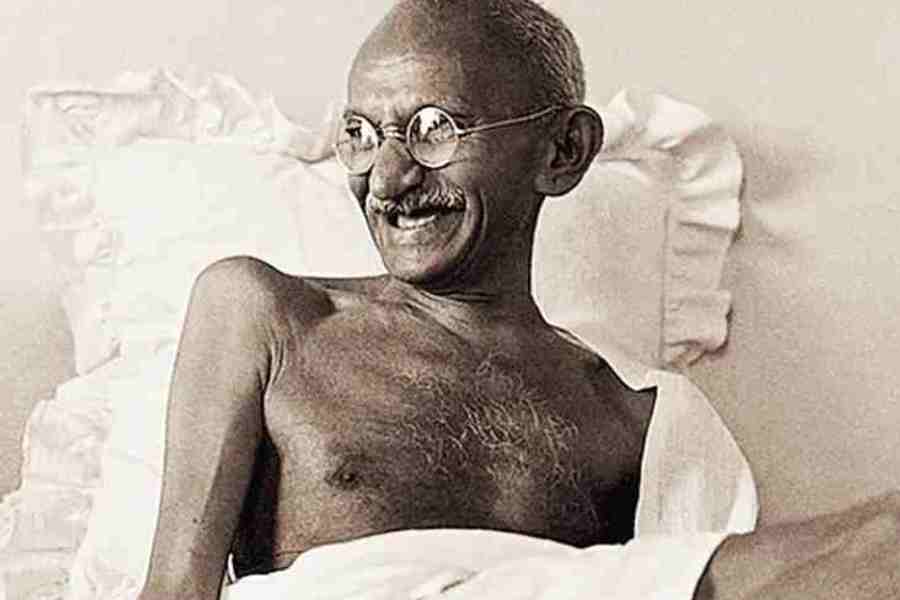Nelson Mandela — it is his birth month — and M.K. Gandhi, two of twentieth century’s tallest icons, were separated by time and geography at birth. Yet, their lives overlapped, in a manner of speaking, particularly in the spheres of politics and philosophy. Indeed, the moniker, ‘Gandhi of South Africa’, fit Mandela perfectly because of his adherence to the Gandhian principles of non-violence, passive resistance, truth force, among others, as he led South Africa towards the light of independence from the darkness of apartheid. Mandela’s acknowledgement of Gandhi as his mentor is also on record. It is thus unsurprising that the legacy of the two men remains conjoined in the afterlife. But this, by no means, is a happy convergence.
There are reports that in South Africa, a decade after Mandela’s death, questions are being raised about his contributions, especially by a cynical younger generation. Apparently, there is a view gaining ground that Mandela had not done enough to rid the nation of its endemic challenges: corruption, nepotism and inequality. Strikingly, Mandela’s guru, Gandhi, is facing a similar, if more mischievous, scrutiny in his home country. The rise of Hindutva in India’s politics has corresponded with a sustained campaign to belittle the man and deviate the republic’s path from his vision of an inclusive, pluralistic India. Little wonder then that Gandhi’s ideological adversary is feted in and out of Parliament.
However, the soiling of the vision and the muddying of the legacies of the two great men transcend political chicanery. This is also the consequence — the pitfall — of culturally ordained, but thoughtless, veneration. Idolatry of icons is a common, global ritual. Mandela and Gandhi are present not only on the currencies but also adorn the public spaces, politics and pedagogies of their respective countries. Yet, neither South Africa nor India has made serious community efforts to make their people absorb and engage with the ideas proposed by these men, the kind of engagement that would have led to a meaningful flowering of their ideas and practices. The result has been their ‘imprisonment’ within select constituencies — scholars, ideologues, politicians — many of whom put them on a pedestal, thereby preventing their views from trickling down to the ground. This myopic idolisation, combined with the deviation of both nations from the egalitarian, humane path propagated by these leaders, has resulted in an expected, collective cynicism, especially among those born much later in time.
A reappraisal of Mandela and Gandhi is not unwarranted. But this exercise must be public and can even do with a touch of the iconoclastic spirit. Neither Mandela nor Gandhi would have minded that. The most fundamental transitions in their thoughts and deeds were the result of their ability to question their own beliefs. Only then would South Africa and India realise that the greatness of these political philosophers lies in their resonance across changing time and spaces. Efforts to revisit Mandela — and Gandhi — would be a good way to wish the former on his birth month.










